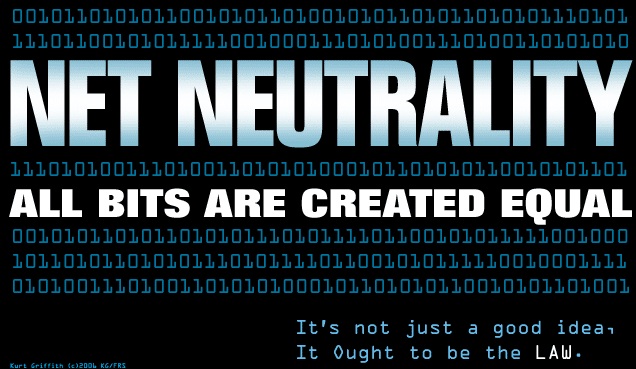Yannos Papantanou writes: Following the publication of the International Monetary Fund’s latest World Economic Outlook, high-profile economists like Olivier Blanchard, Larry Summers, Mario Monti, and Reza Moghadam have come out in favor of revising the eurozone’s fiscal rules to allow for public investment aimed at accelerating its economic recovery. Given the record-low borrowing costs of about 1%, increased capital spending by governments would effectively amount to the proverbial “free lunch,” yielding sufficiently high tax revenues that the debt/GDP ratio would not rise. So why do German officials refuse to get on board?
Germany is deeply committed to upholding strong fiscal rules within the currency union. Economic behaviors like thrift and avoidance of debt are desirable, because they are consistent with ethical standards of personal behavior.
Moreover, Germans are not convinced that Keynesian policies, with their focus on boosting aggregate demand, are particularly effective in influencing long-term economic trends, despite their obvious short-term impact on output and employment. The prevailing view in Germany is that post-recession growth can more likely be attributed to structural reforms that increase productivity and bolster competitiveness.
But such reforms, the Germans believe, necessarily entail social costs, making them unpopular and difficult to execute. Only when fiscal austerity is implemented (or at least threatened), and a population is faced with rising unemployment and widespread economic misery, is a country motivated to pursue them. When austerity is relaxed and the threat is removed, discipline weakens and the drive to reform is lost. Italy’s behavior under former Prime Minister Silvio Berlusconi is frequently cited as an example of this dynamic.
Whatever the merits of Germany’s commitment to “moral” economic behavior, its stance on fiscal discipline in the eurozone remains dubious. After all, what the eurozone needs now is not to save its weaker economies from default or even to boost long-term growth; rather, it needs to recover lost output and employment, particularly in the southern countries – goals that neither fiscal austerity nor structural reforms can achieve on its own.
Germany’s fiscal stance has left it more isolated than ever. Not only has Italy’s new prime minister, Matteo Renzi, ramped up anti-austerity rhetoric; France plans again to delay meeting its obligation to reduce its deficit to below 3% of GDP within two years, and is calling for more flexibility in implementing the eurozone’s fiscal rules.
Public infrastructure investment can serve as the engine of that growth, boosting both short-term demand and long-term potential output. Investment enhances productive capacity, while serving, in the context of structural change, as the leading transmission mechanism for technological innovations. In this manner, increased infrastructure spending would address the issue of long-term growth, too.
The case for increasing public investment in the eurozone is strong.. Germany should be satisfied with the inclusion of tough controls aimed at ensuring that resources are allocated efficiently.
The European Central Bank should also step up its recently announced program of quantitative easing by overriding Bundesbank objections and moving to large-scale purchases of sovereign debt – including government bonds of struggling eurozone countries.
But accelerating public investment must be a key feature of a comprehensive strategy for economic recovery in Europe. Given that it is less controversial than unconventional monetary policies, and will take longer to produce results, it should be given top priority.











